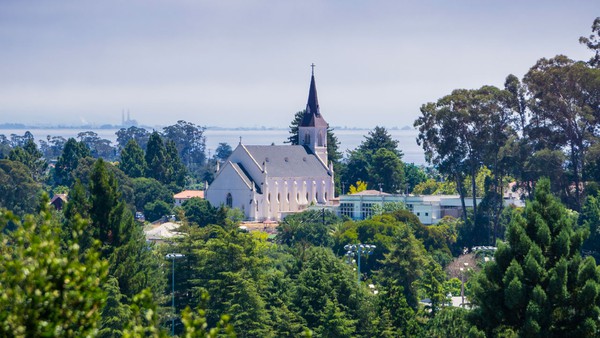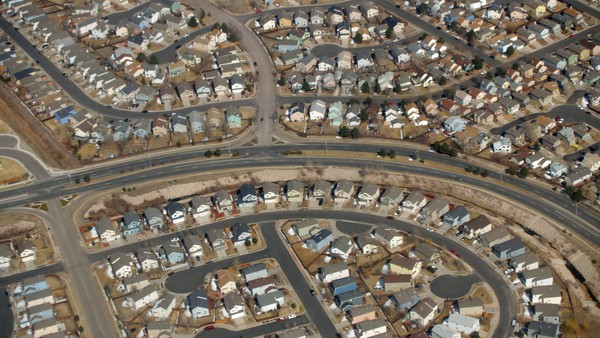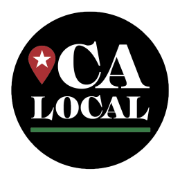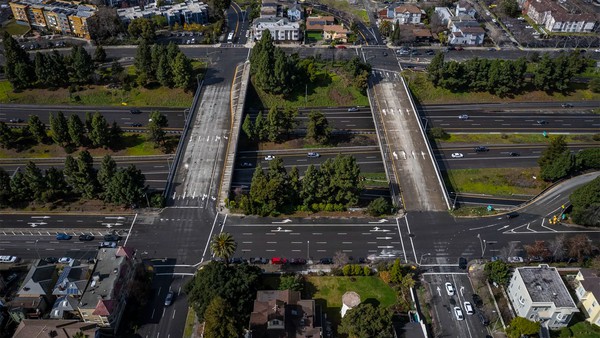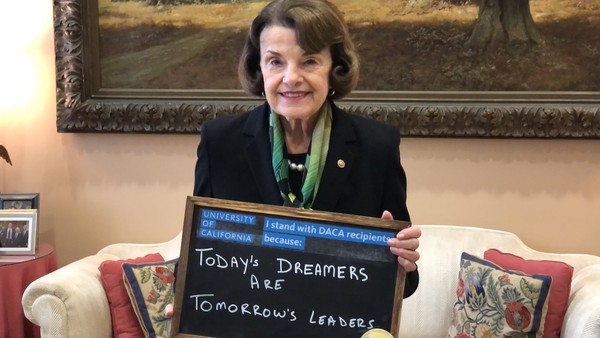Santa Cruz’s small-town scale seduces refugees from SoCal’s sprawling suburbs.
As is true for many who have fallen in love with Santa Cruz, I first laid eyes on the city when I moved into the dorms at the University of California, Santa Cruz. Though that was quite some time ago, one thing hasn’t changed: most students come from other corners of the Golden State.
Specifically for the fall of 2022, here are the stats: 28.4 percent headed south from the San Francisco Bay Area, but almost as many—25.7 percent—hail from Los Angeles and Orange County. Another 11.9 percent moved from the Central Valley, plus 10.2 percent from San Diego and the Inland Empire. The “locals”—lumped in with a grouping that includes both the Monterey Bay and Silicon Valley—make up just 12.6 percent.
For half of these new arrivals—those who come from dry, crowded SoCal—Santa Cruz will be a beautiful revelation.
Though I had already lived in a seaside resort with a pier, an amusement park and a similar name, I felt the same way. Aside from those three commonalities, Santa Monica bore little resemblance to Santa Cruz. By the time I began leaving the “city on a hill” to explore the rest of the county, I’d become accustomed to small-town living. Capitola’s 41st Avenue felt jarring—like I’d been transported back to Los Angeles County, with its traffic-ridden thoroughfares and crowded malls.
Suburban Planning
Those who only know California through common stereotypes envision a land of freeways, cookie-cutter housing tracts, mega malls and sprawling exurbs. But the reality is more nuanced. This week, California Local reporter Jonathan Vankin asks two questions. What is a suburb? And what is the origin story of that most American phenomenon, the shopping mall? The answers are surprising.
Mall Culture and the American Dream
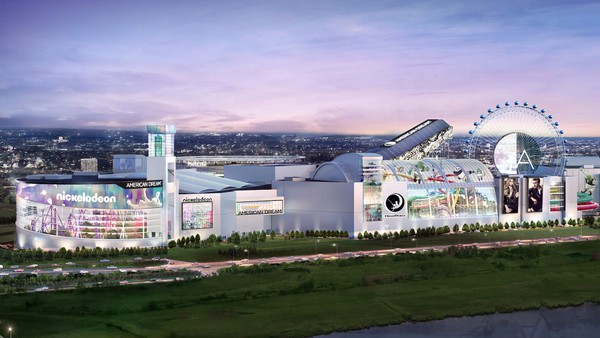
Shopping malls revolutionized how Americans shopped, socialized, and lived. Now, malls face an uncertain future. How did the dream of a new town square go so wrong?
Living History
We’re several days into Women’s History Month—a fine time to look back at our “Localist” on 25 California women who made history. ranging from Toypurina (1760-1799), a Tongva shaman who opposed Spanish colonialism, to Kamala Harris, the California senator who became the first woman to serve as vice president. Harris, of course, wasn't our first female senator—that distinction belongs to Dianne Feinstein. Jonathan Vankin took a look back at Feinstein’s long history in politics. The 89-year-old senator, who was hospitalized this week but is expected to recover, plans to retire at the end of her current term.


